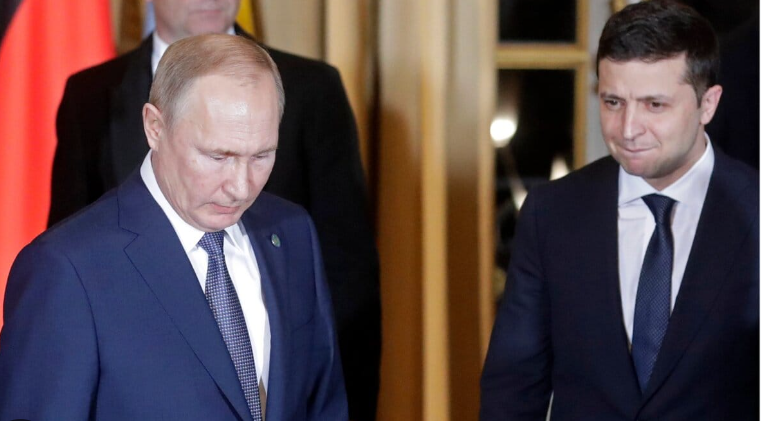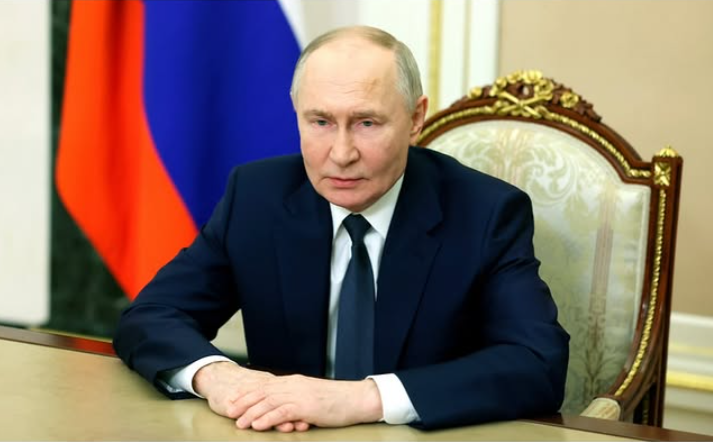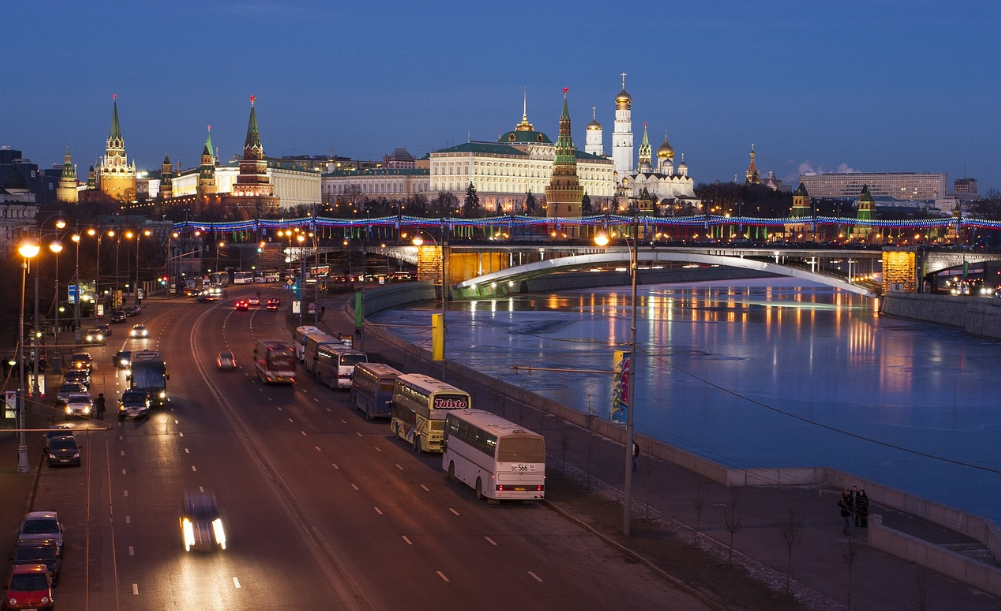[ad_1]
LONDON (Reuters) – The Bank of England’s new deputy governor Dave Ramsden said on Tuesday he was not close to voting to raise interest rates, surprising some investors who are betting that the Bank will soon make its first hike in more than a decade.
Deputy Governor Dave Ramsden distanced himself from the majority of BoE policymakers who believe a rate hike is likely to be needed “in the coming months” because he saw little sign of inflation pressure building in Britain’s labour market.
“Despite continued robust growth in employment, there is no sign of second-round effects onto wages from higher recent inflation,” he told a committee of MPs in his first public comments on monetary policy.
Ramsden joined the Bank last month after serving as the British finance ministry’s top economic adviser.
Silvana Tenreyro, an external member of the Monetary Policy Committee, said she might back a rate hike “in the coming months” if inflation pressure builds in the labour market, but she was keeping a close eye on how the economy performs.
“My view is that we are approaching a tipping point at which it would be necessary or justified to remove some of that stimulus,” she said, also making her first policy comments to parliament’s Treasury Committee.
“However that is very contingent on the data.”
Tenreyro, a professor at the London School of Economics, said raising rates too soon would be a costly mistake.
CARNEY SEES CONTINUED GROWTH-INFLATION TRADE-OFF
Britain’s economy has slowed this year, hurt by the rise in inflation since last year’s Brexit vote and uncertainty about future trading ties with the European Union.
But the Bank surprised investors last month when it said most of its rate-setters expected to increase borrowing costs in the coming months, partly because Brexit would lead to higher inflation in Britain.
Ramsden said he was not part of that majority, which included BoE Governor Mark Carney.
Financial markets are assuming a first hike will come as soon as Nov. 2, at the end of the Bank’s next policy meeting.
Carney told the committee that the central bank still had to balance the need to support job creation and growth with an inflation rate that is running above target.
Data on Tuesday showed UK inflation hit 3 percent in September, its highest level in more than five years and above the Bank’s 2 percent target.
But much of the increase has been caused by the fall in the value of the pound since the Brexit vote, which is likely to be a temporary driver of price increases.
Sterling fell against the U.S. dollar and British government bond yields also fell to their lowest since the days after last month’s rate meeting after the comments from the BoE policymakers.
Victoria Clarke, an economist with Investec, said she was surprised that Ramsden had come out strongly against the majority view in favour of a rate hike soon, but that that was countered by Tenreyro’s positioning close to the majority view.
“I think we are back where we started in terms of the balance of views,” she said.
Ramsden said in a series of written answers to the MPs that there were signs that uncertainty about Brexit was weighing on companies, and that business investment could turn out to be weaker than the BoE’s central forecast.
“I see a real risk that as a result of the process of Brexit and the evolving uncertainties around it, business investment could turn out weaker than in the central forecast,” he said.
“If this were to happen, then business investment growth would not necessarily compensate for sluggish consumption growth over the forecast.”
Writing by William Schomberg; Editing by Stephen Addison
[ad_2]
Source link






Leave a Reply